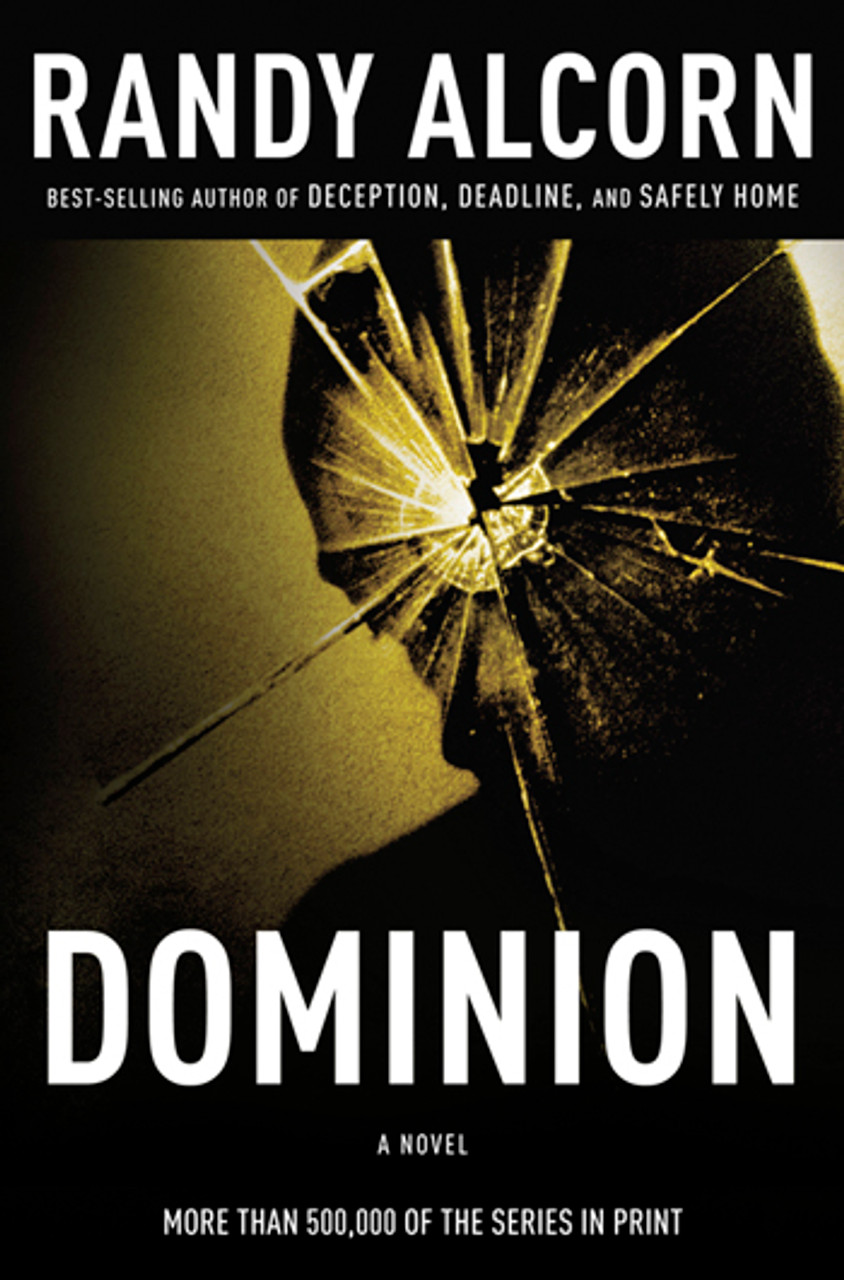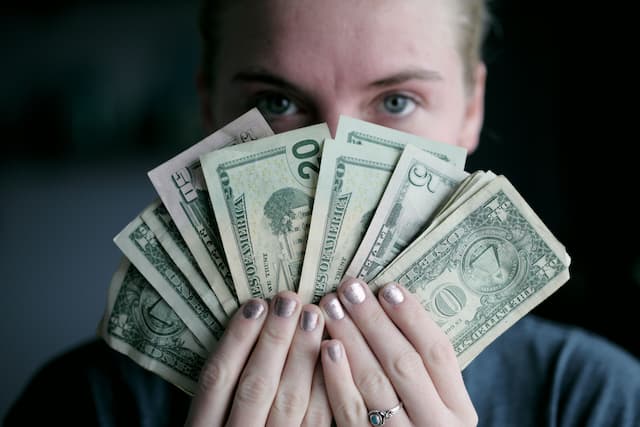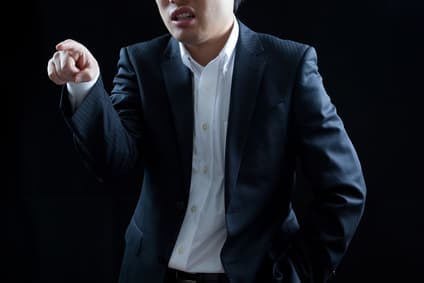Empathy and Understanding in a Conversation Between Clarence, a Black Man, and Ollie, a White Police Officer - Blog - Eternal Perspective Ministries

The following excerpt from my novel Dominion is a fictional depiction of listening to good officers and understanding the difficulties and pressures they face. Here the main character Clarence, a black journalist, has a discussion with Detective Ollie Chandler. (Ollie is the main character of my later novel Deception.)
“Ollie?” Clarence wondered if he looked as uncomfortable as he felt. “What was the deal with your brutality charge?”
 Ollie sighed. “I vaguely remember that. Let’s see, wasn’t there something about it in the Trib?” The sarcasm wasn’t sufficient to mask his pain. “Okay, so you want to hear the story? Well, it was 1987. All started when this dude robbed a 7-Eleven, you know the one over on MLK and Jack?”
Ollie sighed. “I vaguely remember that. Let’s see, wasn’t there something about it in the Trib?” The sarcasm wasn’t sufficient to mask his pain. “Okay, so you want to hear the story? Well, it was 1987. All started when this dude robbed a 7-Eleven, you know the one over on MLK and Jack?”
Clarence nodded.
“He was flipped out big time. Later we found out it was crack and PCP. Bad combo. Coming up from L.A., I was still a uniformed, before I got into detective division. I was driving on routine patrol. My partner sees this guy in the store facing off with the cashier. He can’t see a gun, but she looks terrified. He says pull over, so I did. My partner, Rick Campbell, he got out of the car just as the dude was comin’ out. The guy looks at Rick out of the corner of his eye but doesn’t run. Smart move. Rick walks in and sees the cashier on the floor, her face smashed up. Turns out the perp pistol-whipped her with a Browning automatic, but she was still conscious. Rick makes sure she’s calling 911, and he’s back out the door chasin’ the guy on foot.
“The perp cuts across a field, my partner chasing him, while I called 911 too, to make sure the girl gets help. I take off in the patrol car thinking I could head them off on a back street. Sure enough, I come around this corner and there they are, both still running, forty feet between them. I pull up, my partner hops in, and the perp suddenly jumps in a car himself. He leads us on a high-speed chase. We go about twenty miles; he dents up three cars along the way, almost hit half a dozen pedestrians. Amazing no one else got hurt.”
“And then?”
“After a fifteen minute chase, we finally pull him over. He shoots at us; we pin him down and run him out of ammo. Then we come after him, hopin’ he isn’t saving a magazine for us. We try to cuff him, but he’s absolutely crazy. Has the strength of five men. We’d handled guys like him with a net before, and no one got hurt, but the ACLU made sure we couldn’t use nets anymore because they’re degrading. Truth is, the nets let us subdue a perp without having to hit him. We can’t just shoot them, of course, unless lives are endangered. Chemical sprays don’t work on the guys flyin’ high on crack, so if they keep fighting, the only thing we can do is hit them with our fists or nightsticks. Which gives bad cops an excuse to do what they want and puts good cops in a position where they have to do what they don’t want to. The bottom line is far greater physical harm both to criminals and cops.”
“So what happened then?”
“Well, I didn’t want to shoot the guy, and cool reason wasn’t real effective. He was resisting arrest, hammerin’ us with his fists, and grabbing for our hands and holsters, trying to get hold of our guns. He was dangerous to himself, to us, to everyone, so as a last resort I used the nightstick on him. Hit him a half-dozen times in the shoulders to get him to stay down so we could handcuff him. After the bad publicity in the Trib, there were three or four witnesses who got together and decided I beat him because he was black. Truth is, I didn’t think about what color he was. I just thought about getting him under control and keeping him from hurting anybody.”
“But that’s not what other people thought.”
“Well, the front-page article in the Trib did the real damage. It started something like, ‘White Portland police officer Ollie Chandler, a transfer from LAPD, outraged a North Portland community by his brutal beating of a mentally handicapped black teenager.’”
“You think it came across that bad?”
“Just about. Check it out yourself.”
“I did.”
“Was I right?”
“Not word for word, but pretty close.”
“The funny thing was, the guy was nineteen, but he could have passed for twenty-nine. Besides, when a guy pistol-whips and robs a woman and empties his gun at you, your first thought isn’t to ask him when his voice changed or how long he’s been shaving or whether his neighbors think he’s a nice boy. And mentally handicapped? I didn’t stop to do an IQ test. I’m sure the girl he pistol-whipped felt better once she knew he had a handicap. She had to have reconstructive surgery on her face.”
Clarence nodded, his feelings tearing him two different directions. “I did some homework on your case. I’m curious about something. You didn’t mention just now that your partner Rick was black. Or that the girl at the 7-Eleven, the one he pistol-whipped, she was black too.”
“Didn’t think it mattered. They were people, and they got hurt. Who cares what color they were?”
“Well, people seemed to care about the color of the guy you beat on.”
“Yeah, you got that right. Isn’t it funny? I was concerned about the victims. But some people, all they cared about was the guy who made them victims. They didn’t care about the victim’s skin color, just the perp’s. Weird.”
“I was surprised you had no comment at the time. You should have explained yourself.”
“I was under department orders to say nothing. The problem was the press just took it and treated my silence as if it were an admission of guilt.”
“Did you contact the Trib?”
“I tried to talk to the reporter, but it didn’t do any good. I saw the photographer’s name, so I called her, left a message. Got a call back from somebody else, telling me she was unavailable, and if I had a beef I should contact the publisher’s office.”
“Berkley has an open-door policy. What kind of response did you get from him?”
“I’ll let you know if he ever calls me back. Yeah, I heard about the open-door policy too. Only I think it was the back door and he sneaked out when he saw me coming. His pit bull secretary told me to have my lawyer talk to his lawyer. I said hey, this isn’t about a lawsuit or something. I just wanted to talk man to man, tell him my side, and what it was doing to my family. He never returned my calls.
“His secretary said something about the First Amendment and, ‘The Tribune stands by the story.’ I thought that was pretty funny. If today’s Trib headline was, ‘World will end at noon,’ tomorrow’s follow-up would say, ‘We stand by yesterday’s story.’ Captain told me something I’ve never forgotten: ‘Messin’ with the media is like wrestling with a pig. Everybody ends up getting dirty, but the pig likes it.’”
“I was at the Trib when it all happened,” Clarence said. “I remember it, but I think it got mixed up in my mind with a few other police brutality cases.”
“Yeah. One cop deserved to be fired for what he did—I just wasn’t the guy. There’s a lot of people who still think I hit the perp in the face with the nightstick, that I sprayed him with pepper mace after he was under control, that I even whaled on him after he was unconscious, which he never was, by the way.”
“You didn’t do any of that?”
“No, I didn’t. Look, I’m not saying I haven’t ever gotten in an extra lick that maybe wasn’t absolutely necessary, but it’s subjective, you know? I’m no saint. But the pepper mace and the nightstick were both last resorts. I only used them because he was still out of control and nothing my partner and I did was working.”
“You use mace often?”
“Maybe four times in fifteen years as a uniformed. Nightstick less than a dozen times. See—and I’ll talk slowly because you people in the press don’t understand this—some of these guys won’t come with you to police headquarters if all you say is, ‘Pretty please.’ Truth is, I went to the hospital too. The guy bit me. See this?” He showed him an inch and a half scar on his left hand.
“That’s from this guy? No kidding?”
“No kidding. I could show you all my scars and tell you the stories, but I don’t disrobe for journalists.”
“Thanks. You have no idea how much I appreciate your restraint. So what happened next?”
“The DA’s office came after me. They needed a scapegoat. The Trib and Norcoast made me out to be this brutal racist cop. They described the perp as a ‘mentally handicapped motorist’ and a ‘possible suspect’ in a robbery. Didn’t mention we’d seen him do it, that he pistol-whipped this girl, that he was out of his mind on drugs, trying to kill us and bystanders, that he’d taken us on a high-speed chase, he was resisting arrest, bit me in the hand, and so on. No mention that he was a convicted drug dealer, and who knows how many kids had turned to crime and gangs and died or become killers because of him. None of that mattered.”
“You sound bitter,” Clarence said.
“Maybe I am. Did you see the front-page picture they ran of me, the closeup?”
“Yeah. Barely recognized you.”
“Nobody recognized me. This scuffle went on like fifteen minutes. I guess someone at the Trib was monitoring the police band, and this photographer was already out in Hillsboro, so she had time to get to the scene. This gal keeps getting in close while the perp is swinging these big meathook arms. I was afraid he was going to take her out. She wouldn’t back off. Anyway, she takes these photos, and I swear, I come up lookin’ like Hitler on a bad hair day. I didn’t know it was possible to make this beautiful mug look that ugly.”
“So you blame the Trib for what happened?”
“Jake told me, ‘The press goes to scandal like a buzzard to entrails.’ They crucified me,” Ollie said.
“You’re seeing the media through the lens of your own bad experiences,” Clarence said.
“Sure. Isn’t that the same lens you see cops through? What bothered me is that I became a cop not to bust heads, but to do some good. I didn’t mind risking my life, but once I was accused of this, suddenly all those years—my career, my record—none of it mattered. I believe to this day if Jake Woods hadn’t done his own investigation and found out the other side and written it up in the Trib, I would have gone to jail.”
“Must’ve been tough.”
“The worst part was when my youngest daughter, then she was sixteen, kept getting harassed by kids and teachers at school who believed the newspaper. One day she comes and asks me, ‘Daddy, did you really do those things to that black boy?’” Ollie’s eyelids got heavy. “That’s when it hurt. Sure, police brutality happens and sure, there are racist cops. I’m not one of them. But I was made to pay for their sins.”
Clarence thought about how often he’d been made to pay for the sins of black criminals who were the exception to the rule.
Photo: Unsplash




